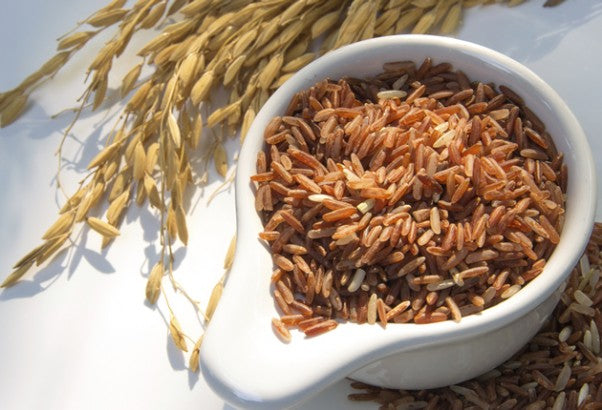Every day, millions of people make a very critical mistake – one that could cost them their health!
The Importance of Daily Fiber Intake
A new study, published this month in The American Journal of Medicine, found the dietary fiber intake and cardiometabolic risks among US adults to estimate 80% of Americans consume far less dietary fiber than what is recommended. Additionally, the study states that the majority of men eat only half of the amount of fiber they need for good heart health. According to experts, a woman’s daily diet should include at least 20-25 grams of fiber, while men should consume between 30- 38 grams of dietary fiber each day. Sadly, the typical American diet is severely lacking in this vital component, and consists of a mere 15 grams of dietary fiber per day!
People who consume less than the daily recommended levels of dietary fiber display much higher rates of obesity, chronic inflammation, type 2 diabetes and metabolic syndrome – all major risk factors for cardiovascular disease.
The American Institute for Cancer Research also reports that, “about 45 percent of colorectal cancer cases could be prevented if we all ate more fiber–rich plant foods and less meat, drank less alcohol, moved more and stayed lean.” Don’t let yourself be at risk when the solution is so simple!
There are two types of dietary fiber that need to be consumed in order to address the body’s overall needs – soluble fiber and insoluble fiber. Soluble fiber, like that found in oats, flaxseed, nuts, lentils, psyllium, and a wide range of fruits and vegetables, is critical for good cardiovascular function as it helps lower bad cholesterol and maintains healthy blood sugar levels. Its ability to control the emptying of your stomach can help you feel full longer and has been attributed to weight loss and the control of diabetes! Insoluble fiber, found in whole grains and vegetables, pushes food through the digestive system and is a key component for good colon health. Since insoluble fiber does not dissolve in water, it passes through the gastrointestinal tract relatively intact, adding bulk to your diet and helping to prevent constipation.
Try A Fiber Cleanse
While a plant-based diet is a great way to ensure that your body gets more of both types of fiber, those who are just getting started on a plant-based diet can benefit greatly from a psyllium and flax seed based cleanse. Hallelujah Diet Fiber Cleanse Original (available in powder and capsules), is an ideal way to detox, cleansing the colon and restoring optimal bowel function.
Maintain Your Health with Supplements
After that initial cleanse, a daily fiber supplement, like B-Flax-D Fiber, can help you maintain optimal fiber levels while providing a wide range of other health promoting benefits. B-Flax-D is a fantastic, long-term fiber source that also contains vitamin B12 to help prevent nerve damage and promote healthy cell formation, as well as vitamin D to assist your body in the absorption of calcium and help maintain healthy blood pressure. Ground flaxseed with vitamins provides a multitude of supplements recommended for maintaining good health, including selenium, vitamin K2, omega-3 fatty acids, vitamin B6, phosphorus, magnesium, zinc, manganese and more, making it one of the most complete fiber supplements on the market!
So, do your body a huge favor by making sure you are getting all the fiber you need – your health depends on it! Has an increase in fiber helped you feel better? Comment below!






